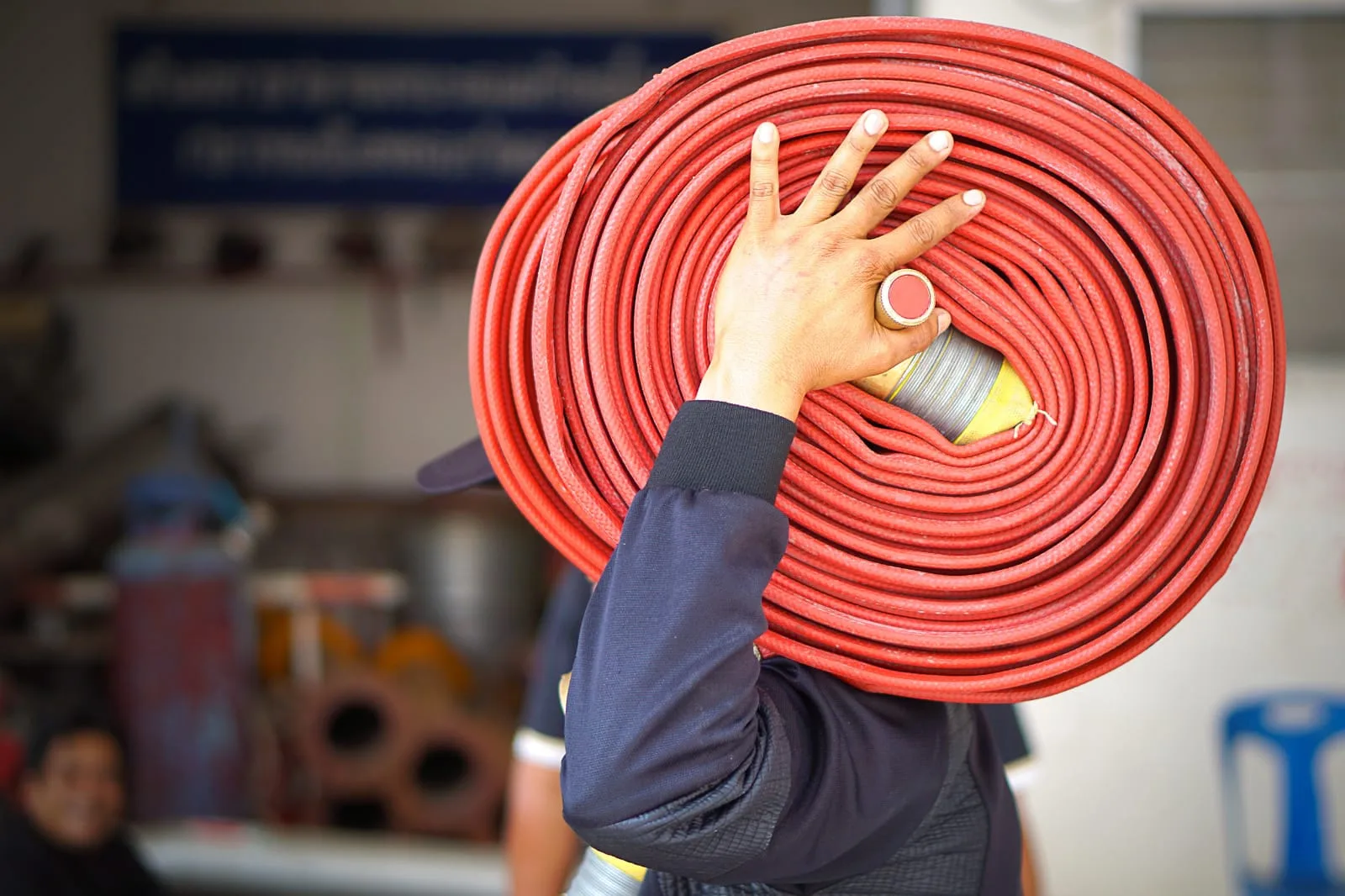German Precision in Discharge Hoses: PARSCH Advances Technology and Reliability in Fluid Transport Solutions

The production of high-performance discharge hoses has long been a hallmark of German engineering, where precision, material expertise, and rigorous quality standards shape every stage of development. Manufacturers in Germany are known for combining traditional craftsmanship with modern technology to create durable, reliable hoses for a wide range of industrial and municipal applications. These include water transport, construction, agriculture, and emergency services, where consistent performance under pressure is essential.
Among the companies contributing to this tradition is PARSCH, a long-established hose producer with roots extending back more than two and a half centuries. Its approach reflects the broader strengths of German manufacturing: disciplined processes, meticulous testing, and a clear focus on function and longevity rather than on marketing claims.
Engineering for Durability and Performance
Discharge hoses must meet a diverse set of operational requirements. They carry liquids and slurries under varying pressures and environmental conditions, often in situations where downtime or leakage can lead to significant costs. To meet these challenges, German-made hoses are designed with reinforced outer layers that resist abrasion and weathering, and with inner linings optimized for different media — from clean water to more demanding industrial fluids.
Flexibility and handling comfort are equally important. Engineers work to balance strength and maneuverability, ensuring that hoses remain easy to deploy while maintaining dimensional stability and pressure integrity. Production processes emphasize uniformity and traceability, with every hose tested before delivery to confirm that it meets defined specifications for flow rate, pressure resistance, and mechanical endurance.
Firefighting Applications
One of the most demanding uses for discharge hoses is in firefighting. Firefighting hoses must perform reliably in extreme conditions — under high pressure, in rapidly changing temperatures, and on rough surfaces. The materials and weave patterns used in such hoses are selected to withstand both internal stress and external abrasion while remaining light enough for rapid handling.
Manufacturers like PARSCH apply the same quality principles used in industrial hose production to firefighting equipment. The result is a product that supports emergency response teams in their work while complying with the strict safety and performance standards required in this field. The company’s long experience in producing both discharge and firefighting hoses demonstrates how material science and process control translate directly into operational reliability.
Commitment to Quality and Sustainability
German manufacturing is characterized by structured quality management systems that ensure every product conforms to established benchmarks. Each hose undergoes multiple inspection stages — from raw material verification to final pressure testing. This meticulous approach reduces failure rates and provides end users with a consistent level of reliability over the product’s service life.
Sustainability also plays a growing role in hose production. Many German manufacturers, including PARSCH, promote repair and refurbishment services that extend the lifespan of hose assemblies and reduce waste. Components such as couplings and fittings are standardized to facilitate maintenance and recycling, aligning with broader environmental objectives within the industrial supply chain.
Discharge hoses made in Germany continue to set benchmarks in the global market for their precision, endurance, and safety. As industries evolve and face new challenges — from resource efficiency to extreme operating conditions — these hoses remain critical to maintaining smooth and secure fluid transport systems.
Through a combination of advanced engineering, careful material selection, and a tradition of continuous improvement, German producers uphold a reputation built on reliability. Their work illustrates how technical discipline, rather than promotional language, ensures that performance remains the most convincing argument for quality.
